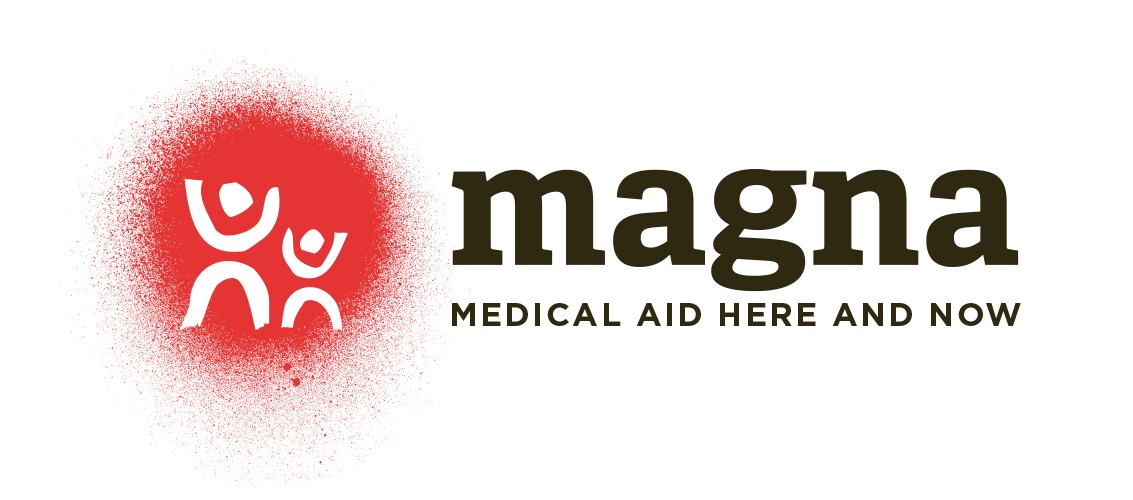Syria
Syria: maternal health at Bab Al Hawa Hospital, Idlib
The primary aim of the operation is to fill the gaps in the provision of health services so that the hospital can provide consultations and deliveries and all related services for women as well as newborn consultations in one of the most populated areas of Syria.
Bab Al Hawa Hospital, supported by MAGNA, treated 47 victims of the chemical attack in the province. Seven of them, unfortunately, did not survive the consequences of the attack, ten are out of danger. The others are still fighting for their lives. In particular, they suffered from serious respiratory disorders, cyanosis, nervous disorders, foaming at the mouth, which are characteristic of the consequences of chemical weapons attacks. Three of our colleagues, medical workers, ended up in the intensive care unit after contact with patients affected by the chemical, we all believe that they will be fine.
Liečime vďaka Vám
Správy a reportáže zo Sýrie
Prečítajte si najnovšie správy a reportáže k operáciam v krajine,
Why does MAGNA intervene in Syria?
More than 11 million people were estimated to remain in need of humanitarian assistance in 2019, and 5 million people were living in acute need. The Syrian conflict is characterized by numerous and serious violations of international humanitarian law and widespread violations of human rights by all parties to the conflict; siege and starvation of the population, deliberate attacks on civilians and civilian infrastructure, as well as on workers of humanitarian organizations and health workers, forced displacement, gender-based as well as severe restrictions on the access of humanitarian aid.
OUR ACTIVITY
- Mother and child care
- Assistance to refugees and displaced
- Trauma and surgery
2015
The first MAGNA intervention in the country.
